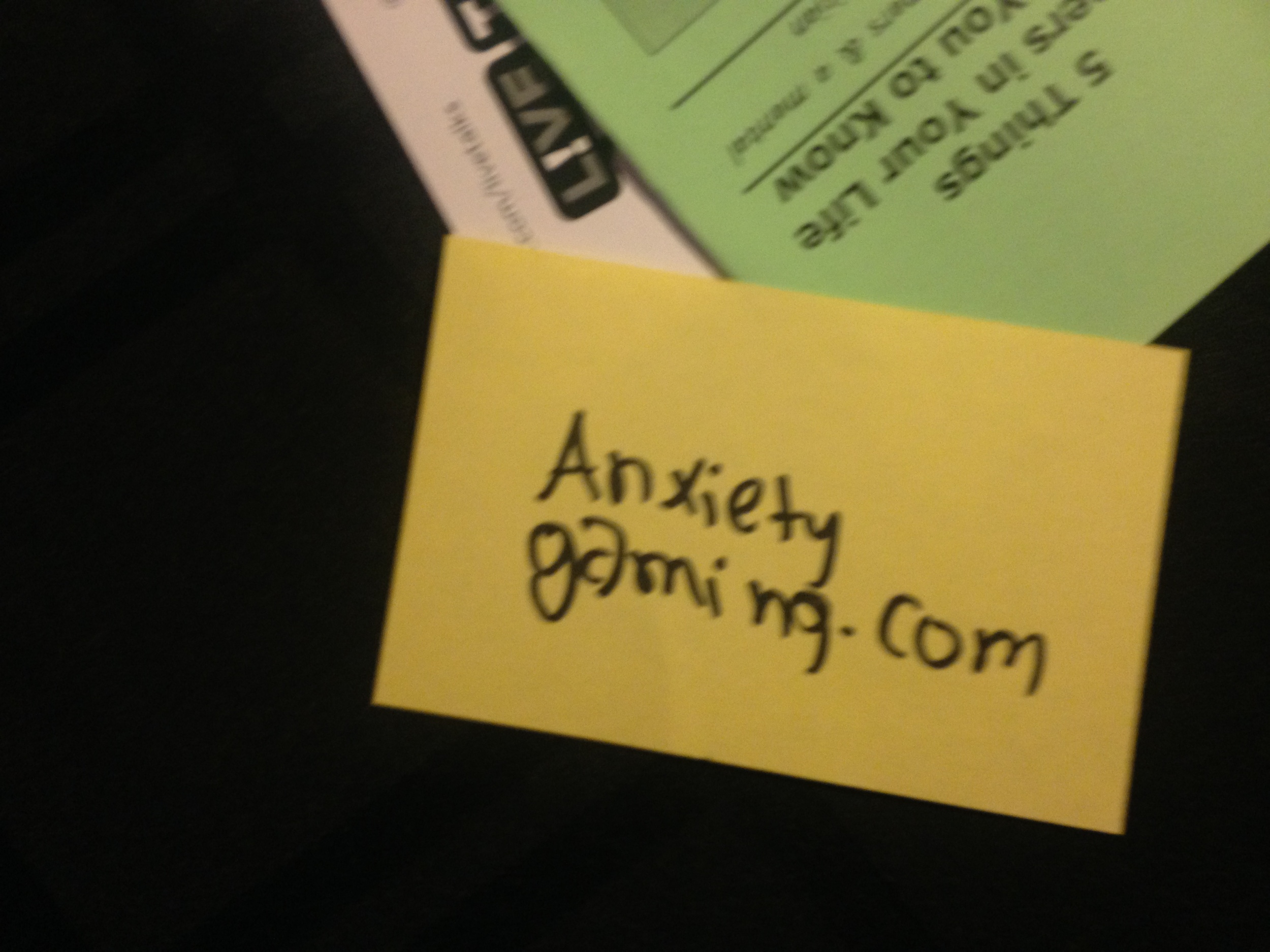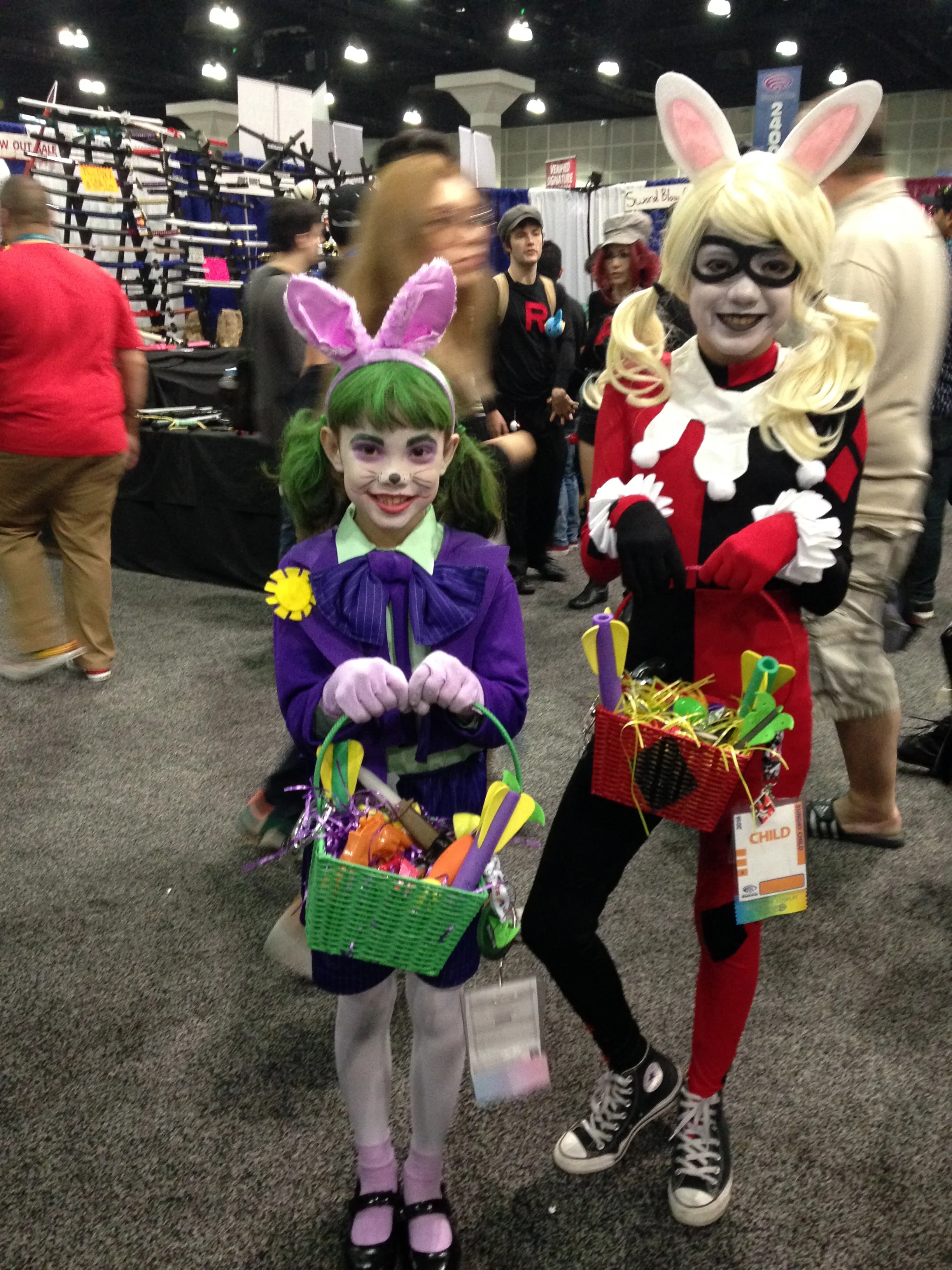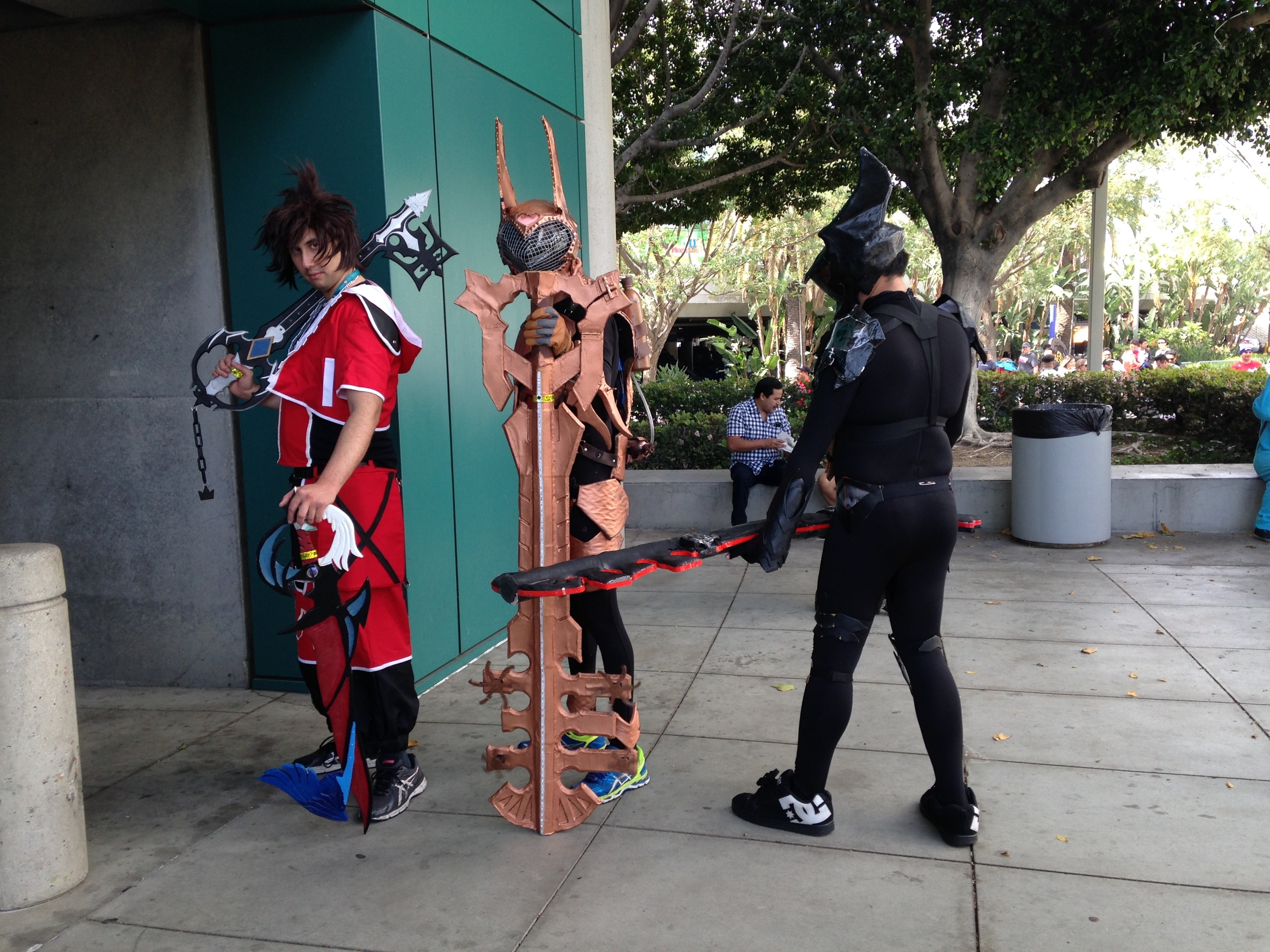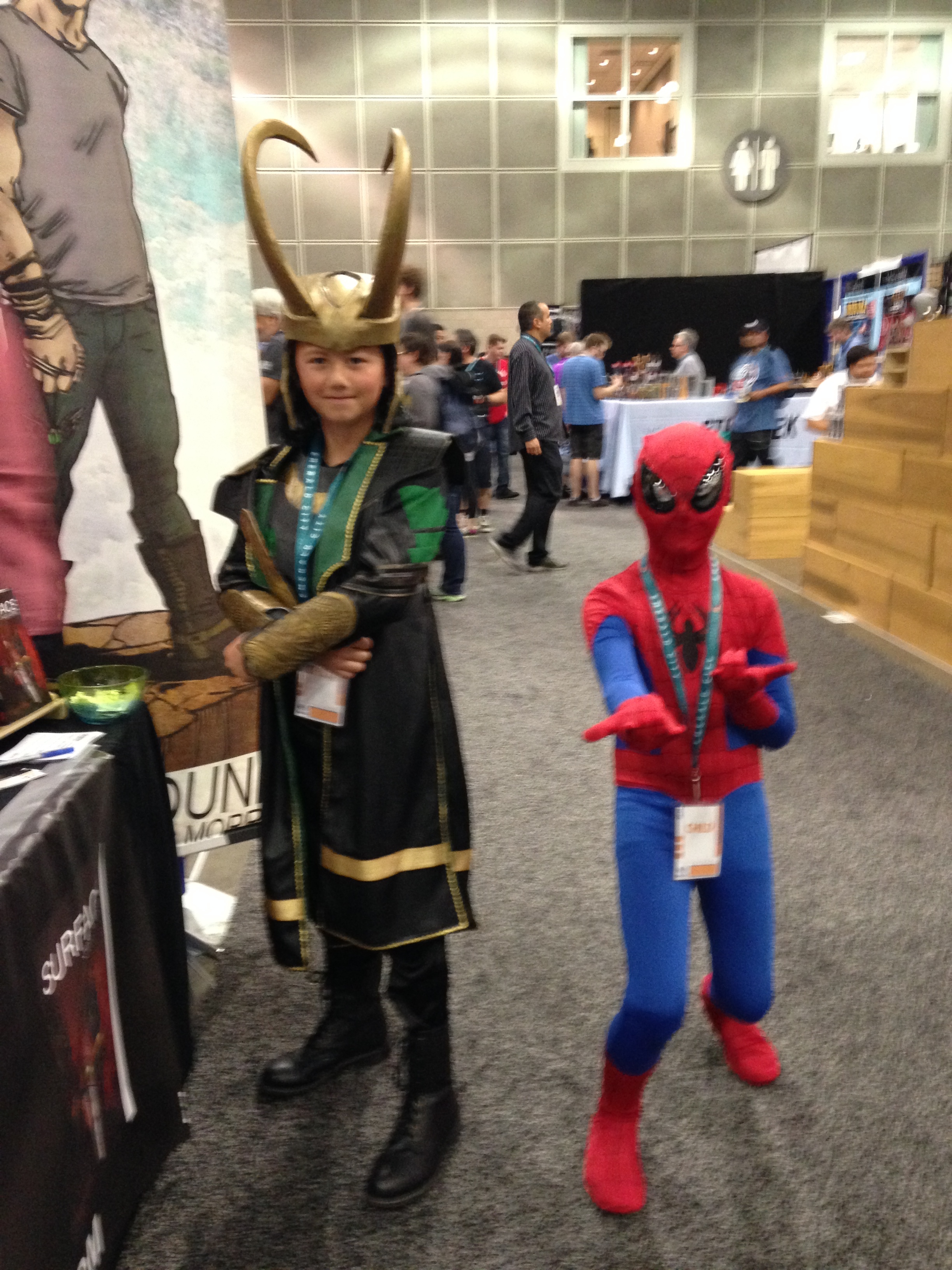I had a wonderful conversation with a young man about the realness of online relationships. He recently ended a LDR (long distance relationship) with a young lady he'd never met. We touched upon many things related to internet culture and relationships, one of which, was the validity of online dating.
Is it a real relationship if we never "meet" or never touch each other?
With half my life with the internet, and meeting many of my friends through AIM, World of Warcraft, and Facebook groups, I would say that yes, online relationships are very real. Mike Langlois, the Gamer Therapist, wrote about how dopamine, a neurotransmitter, is released while playing games. If you meet someone online and develop romantic feelings for them while playing online together, those same chemicals are released.
It makes sense, though. Have you ever seen a gamer rage quit or have nerd rage? If you can get angry at someone while playing games with them, or interacting online, why would it be difficult to believe you can fall in love with someone using the same medium?
Studies have shown that oxytocin, the love drug, is usually released during physical contact. This is why connection is so important. Hugs and gentle touches can release oxytocin and make us feel contentment, and bonded with others. Online interactions in social media and playing games with strong narratives have also been found to release oxytocin as well!
Lots of people meet through online dating sites to weed out mismatches, and initially chat with someone before meeting in person. This can help make dating more efficient, as well as allow those with social anxiety a slower pace to warm up to others.
With dating sites, and massive online games for people to meet, play together, and potentially fall in love, what makes strictly online dating so different?
It can feel stigmatizing not to find a physically present partner. Family and friends can make fun of you, or simply not understand how intense and real these emotions are. There can also be pressure to be with someone else.
It can be confusing what defines intimacy. Each relationship is unique with differing levels and need for physical contact. When you find someone who gets you, and makes you feel safe to be vulnerable, sometimes the lack in physical contact is worth the risk.
Online sex, sexting, or phone sex. More people are participating in online sexual acts. Sometimes it can be a barrier or uncomfortable for people to accept that is can be a main intimacy people share in a romantic relationship. Some choose not to have any type of sex, and still have a strong connection together online.
Being vulnerable through words. This culture is very visual. It can be difficult to see something that isn't obvious. When many people think of romantic relationships, they think of holding hands, hugging, kissing, and a physical person. Text can be the most honest way of connection for many people. Some of us stumble when we speak, some of us freeze, and compose amazing responses when the moment is over. Having time to pause and think allows more of us to express ourselves more genuinely.
Having a screen in between you and another person can reduce inhibitions to be more authentic. This can go the other way, of course (trolls), and in terms of romantic relationships online, having a screen as a conduit can help couples communicate more honestly about conflict and concerns.
Catfishing. It's very common for people to lure lonely people into relationships. There is a genuine concern for those who date someone with an avatar, like in online games. You may or may not be dating who you think you are. Part of this interaction involves risk, and being vulnerable. (I will write more on this in a later post)
Despite all these differences, online connections can be rewarding and fulfilling.
Emotional support can manifest in different ways. Having someone online offer a virtual hug, compliment, or words of wisdom can mean so much to someone. This is partly why there are so many online groups and forums.
Clarity in communication. Lots of us born with the internet are sponges for information. It's very normal to refer to google or an article we recently read while conversing with others. Having access to websites and being able to share them immediately, can help some of us explain our thoughts or feelings more clearly.
Mutual interests. If you met your significant other, or friend in an online group or online game, it is very likely that you both have endless conversations on the original topics that drew you together. With the MBTI and gaming groups I've belonged to, there is this history of a culture and inside jokes we can always refer to to strengthen our connection.
Constant connection. Having your smart phone or being online can feel like this person is always with you. It can be very isolating not having a friend or loved one around, but some of us can feel warm and loved knowing they are a text away.
Special bond. Sometimes the distance can make the relationship even stronger. Perhaps in your immediate community, there aren't potential matches. It can be romantic and idealist to find someone hundreds or thousands of miles away, and somehow the internet made it possible for you to be together. This can many times, encourage you to accept the distance while building on mutual dreams to meet in the future.
Love is worth the (calculated) risk. Sometimes you can't help who you fall in love with. Sometimes it just happens, and sometimes it's magical. Other times, it's a painful series of events that you wish never occurred. It's these joys where we are able to acknowledge how necessary pain is to appreciate the nuances life can offer. Online relationships can give us the entire emotional spectrum.
LOOK AT THIS: Artist Illustrates Her Long Distance Relationship Struggles & Joys | BoredPanda


































